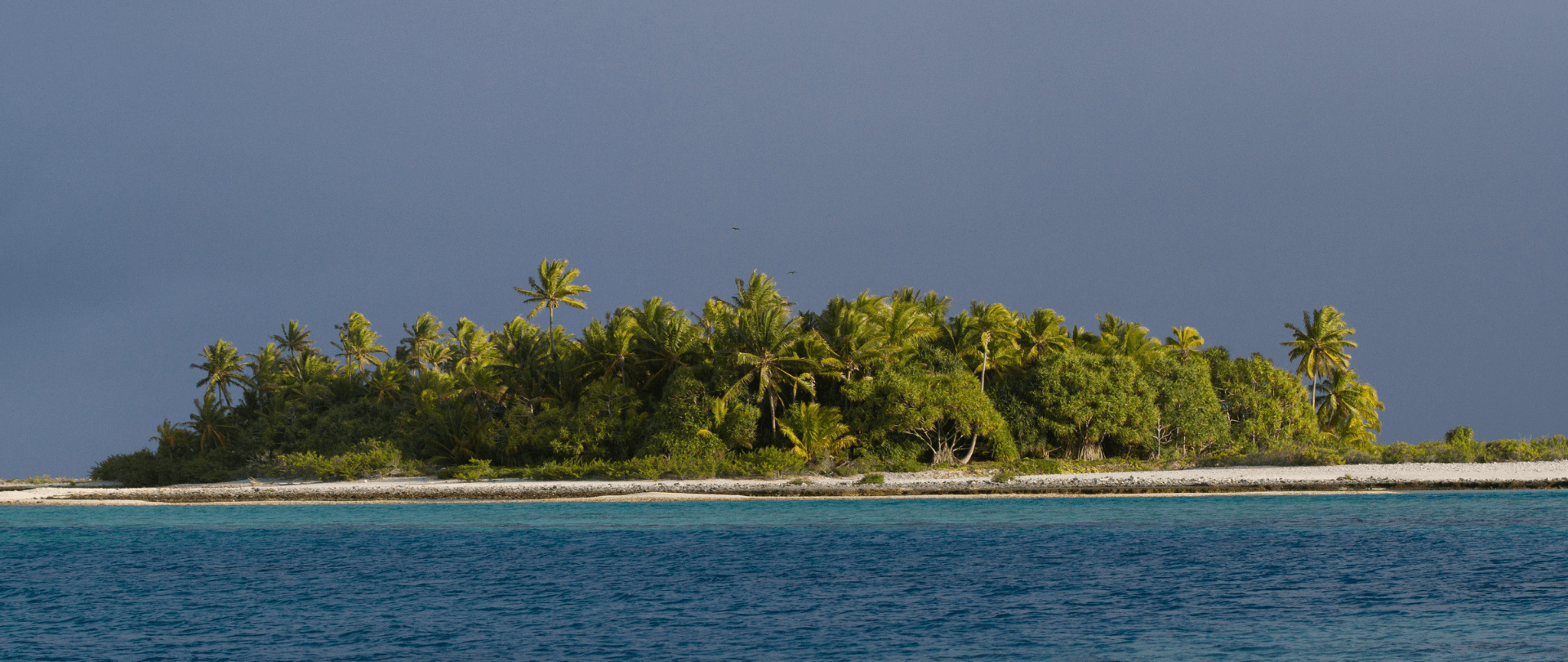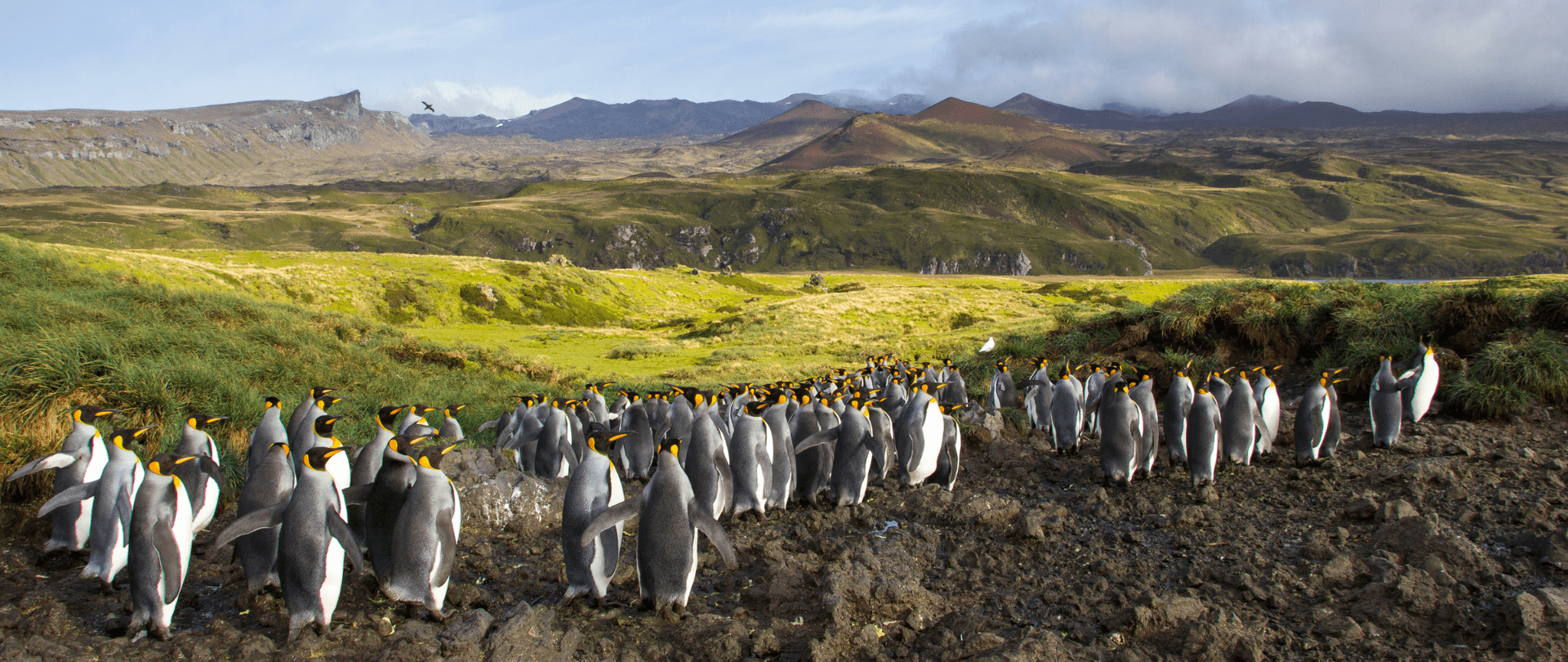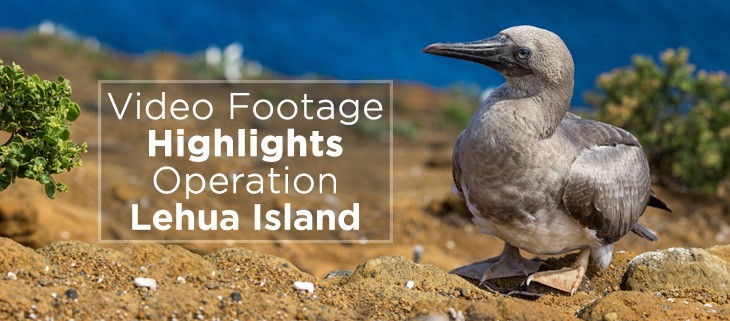The Ebiil Society: Champions of Palau
Ann Singeo, founder of our partner organization the Ebiil Society, shares her vision for a thriving Palau and a flourishing world of indigenous science!
Our new online shop is live!
Published on
November 28, 2023
Written by
Island Conservation
Photo credit
Island Conservation

There are many ways to support the restoration and rewilding of islands around the world. Island Conservation has just added a new method: cryptocurrency donations!
Cryptocurrency is a digital form of money that offers a secure and anonymous way of transferring value without intermediaries or fees. Lower transaction costs, faster processing times, and greater privacy are among its greatest benefits, along with a variety of choices of currency: Bitcoin, Ethereum, Dogecoin, and Tether among them.
Your crypto donation can make a huge impact on the health of island ecosystems. Unlike traditional payment methods, cryptocurrency transactions don’t require intermediaries such as banks or payment processors. As a result, Island Conservation can receive more of your donated amount, avoiding delays or complications.
Transparency and accountability are among Island Conservation’s most central values regarding our financials. Cryptocurrency transactions, which occur on a public ledger called a blockchain which anyone can access and verify, allow us to more easily track and report how we use our donated funds—and you, as the donor, can see how your contributions are making an impact.
Cryptocurrency donations can also offer tax advantages and incentives. Depending on the jurisdiction, cryptocurrency donations may be eligible for tax deductions or exemptions. Additionally, some cryptocurrencies have built-in features that reward donors for their generosity, such as governance rights or interest earnings.
Island Conservation uses The Giving Block, a platform that helps us accept crypto donations and offers donors various benefits such as access to exclusive events, NFTs, and media exposure.
Consider donating to Island Conservation to use your digital wallet for good. Join the community of supporters who have helped us save hundreds of species from extinction, improve climate resilience for vulnerable communities, and support some of the most cutting-edge conservation tech in the world. Donate using crypto today!
Check out other journal entries we think you might be interested in.

Ann Singeo, founder of our partner organization the Ebiil Society, shares her vision for a thriving Palau and a flourishing world of indigenous science!

This historic agreement aims to protect the marine and coastal areas of the Southeast Pacific.

Our projects to restore key islets in Nukufetau Atoll forecast climate resilience and community benefits in Tuvalu!

Island Conservation and partners have published a new paper quantifying ecosystem resilience on restored islands!

Climate Week NYC: what is it and why is it important? Read on to find out why Island Conservation is attending this amazing event!

With sea levels on the rise, how are the coastlines of islands transforming? Read on to find out how dynamic islands really are!

Join us in celebrating the most amazing sights from around the world by checking out these fantastic conservation photos!

Rare will support the effort to restore island-ocean ecosystems by engaging the Coastal 500 network of local leaders in safeguarding biodiversity (Arlington, VA, USA) Today, international conservation organization Rare announced it has joined the Island-Ocean Connection Challenge (IOCC), a global effort to…

For Immediate Release Conservation powerhouse BirdLife South Africa has joined the Island-Ocean Connection Challenge (IOCC) – a global initiative aiming to restore, rewild and protect islands, oceans and communities – to support its work to save internationally significant albatross populations…

Video captures insights and hopes from the partners who are working to restore Lehua Island, Hawai’i. In 2021, Lehua Island officially became free from the threat of invasive rodents. This is a huge accomplishment that has enriched the region’s biodiversity…